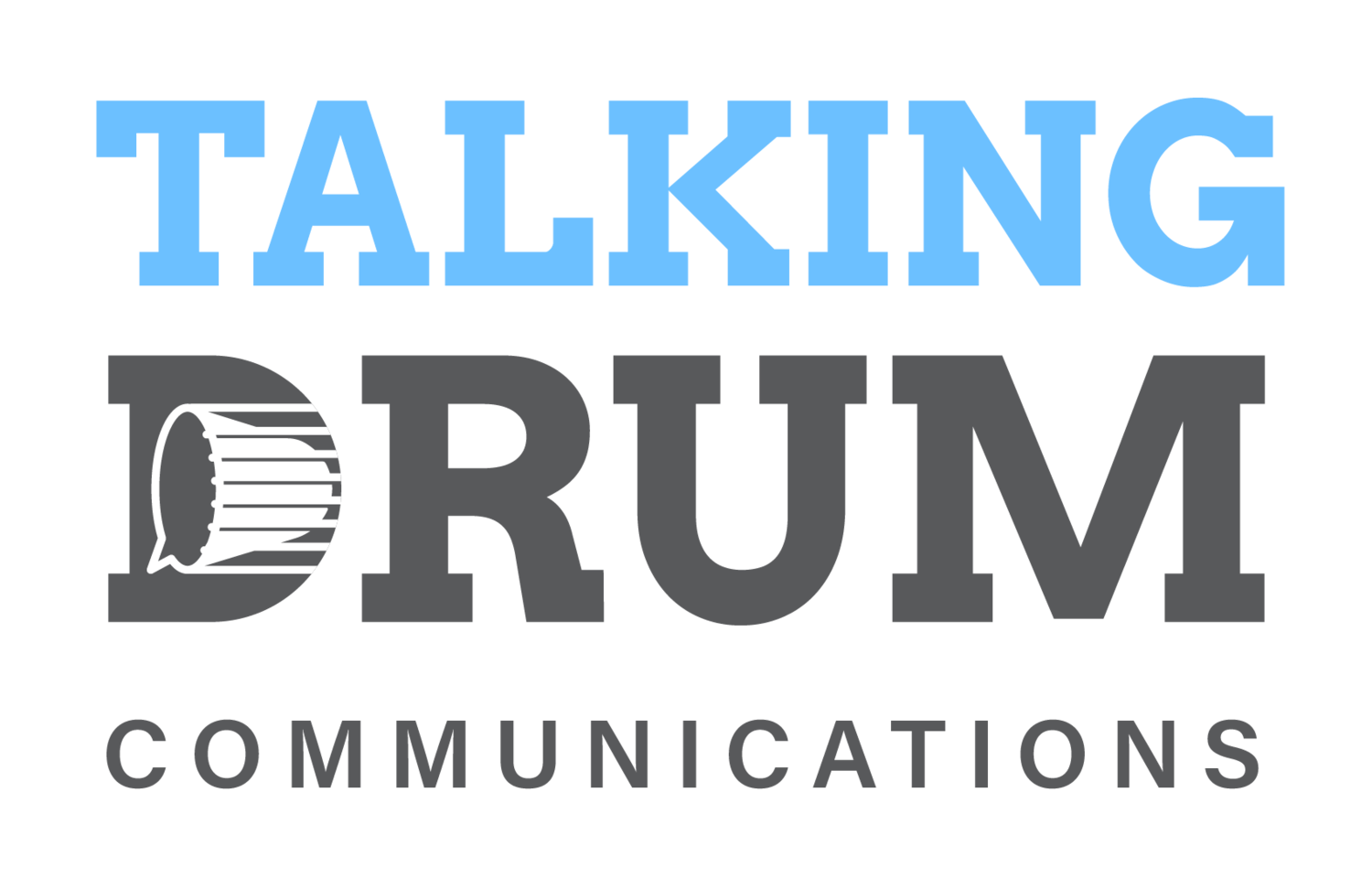Why Many Established African Tech Companies Still Avoid PR (And Why That’s Risky)
Africa has a long list of successful technology companies - with proven products, strong revenues and visible impact. Yet many of these organisations remain hesitant to invest seriously in public relations. This hesitation is not for lack of growth or ambition. Rather, it stems from a mix of mindset, culture and a misunderstanding of PR’s role.
For many established African tech companies, public relations is limited to sporadic press releases and media appearances that aim to communicate specific information rather than tell an engaging story or foster a meaningful relationship with a defined audience. Many founders and senior executives in these companies come from engineering, sales and consulting backgrounds, where the focus is on building, scaling and hitting growth metrics. Everything is tactical and mathematical. The question is often “If we run this campaign, how many customers will we get?”
It is a valid question - but it misses the essence of what effective public relations is designed to achieve - shaping beneficial perceptions. As a comparison, you wouldn’t ask your legal team how many customers you would get by structuring your contracts a certain way. You also wouldn’t ask your compliance team how many users you would acquire through better governance. Yet these functions are treated as foundational. Public relations should be no different - it underpins the trust, credibility and legitimacy on which sustained growth is built.
The data on the value of effective public relations is clear - 92% of consumers trust earned media coverage over advertising - and consumers are 2.5x more likely to act when they see a story in trusted media vs a paid ad. For B2B buyers, 95 percent prefer companies that publish thought leadership. Research from LinkedIn also indicates that companies with strong employer brands benefit from a 50% reduction in the cost-per-hire and a 28% lower turnover rate. These companies also see 50% more qualified applicants and can fill positions up to 2x faster.
The fear of “hype”
Another reason for reluctance is the fear of hype. Like every other technology ecosystem across the world, Africa has seen its share of startups that shouted loudly only to collapse soon after, and established companies are wary of appearing to talk more than they build. Afterall, these companies are already successful so what good will shouting about it do for them? Again, this misses the point. PR is not shouting. It is curating a narrative about your innovation and impact that deepens trust and ensures that the perception of your business - from regulators, investors, customers and potential employees - comes from a position of understanding and appreciation, even before you’ve met them in-person.
Risk aversion is holding companies back
Risk aversion plays a role as well. Visibility invites scrutiny, and in markets where regulatory frameworks are fluid and competition is intense, some leaders prefer to stay under the radar rather than risk being pulled into unwanted headlines. Add to this the fact that PR’s return on investment can often be harder to measure in the short term. Compared to a marketing campaign that drives instant sign-ups or downloads, PR’s value - building trust, credibility, and legitimacy - compounds over time.
The irony is that when turbulence inevitably arrives - whether in the form of regulatory pressure, reputational challenges or the battle to attract and retain top talent - the absence of a strong PR foundation makes companies more vulnerable, not less.
The cost of avoiding PR
The consequence is that companies with less proven products, smaller revenues, and less impact - but with stronger storytelling - often achieve favourable regulatory positions, deepen customer loyalty, attract and retain top talent, and grow revenue, sometimes at the expense of more established competitors.
In today’s environment, perception is not a luxury. It is certainly not a ‘nice-to-have”. It is a critical component for sustainable growth - a growth multiplier. The businesses that understand this will not only scale their user numbers and revenues, they will compound trust, legitimacy, and long-term advantage. At Talking Drum, we call this the Perception Dividend - the outsized returns that come when you treat narrative and reputation as seriously as product and growth.
If you’d like to talk about how Talking Drum Communications can support you to optimise your communications strategy, do get in touch - hello@talkingdrumcomms.com





